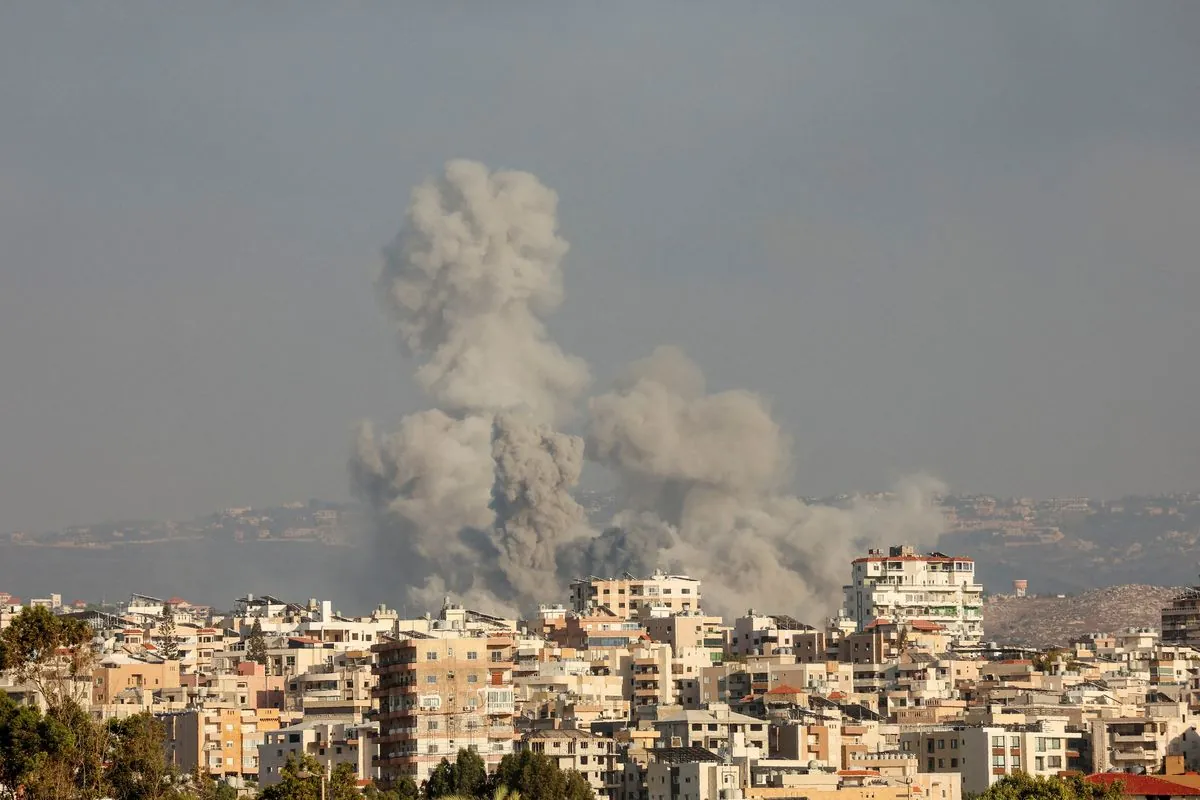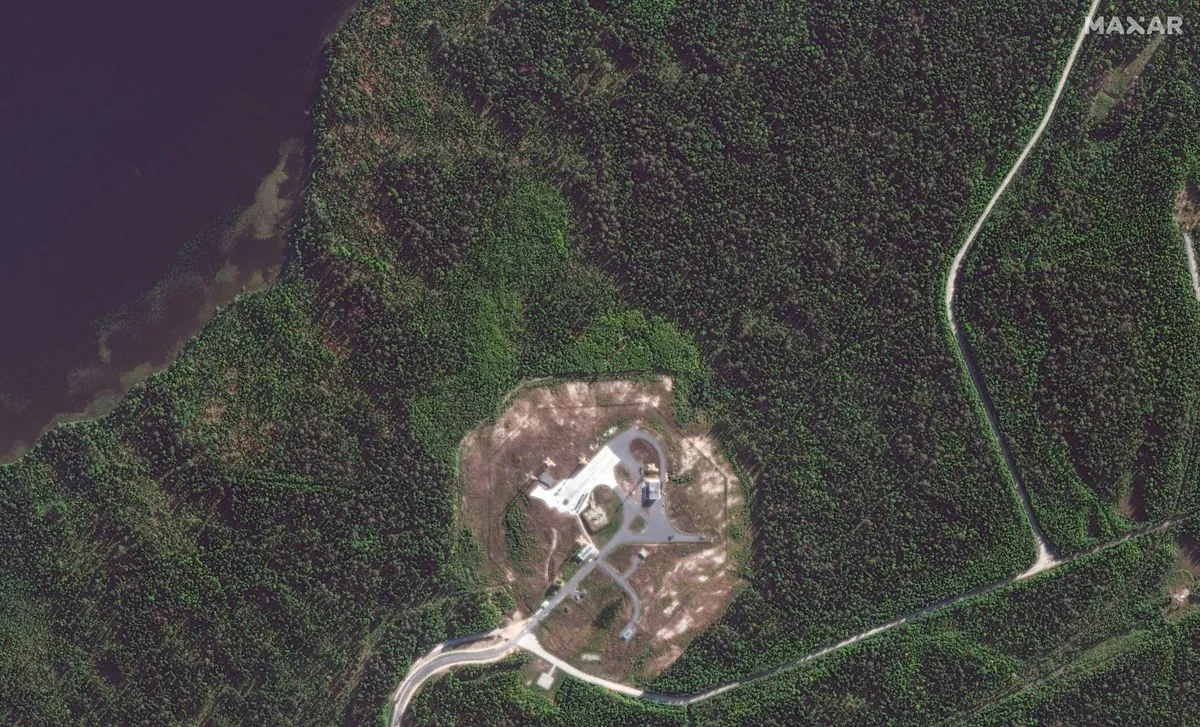Global Tensions Rise: From Middle East Conflict to U.S. Election Dynamics
Recent Israeli airstrikes on Lebanon escalate regional tensions. Meanwhile, the U.S. faces a tight presidential race and potential hurricane threat, as global issues from missile tests to environmental lawsuits unfold.

Recent events have heightened global tensions, with significant developments occurring across various fronts. In the Middle East, Lebanon has faced severe consequences from Israeli military actions. According to Lebanon's Health Ministry, Israeli airstrikes resulted in nearly 500 fatalities, including 35 children, with over 1,600 individuals sustaining injuries. This escalation marks a shift in Israel's focus from Gaza to the conflict with Hezbollah, a prominent Lebanese political and militant organization established in 1985.
The United States is experiencing its own set of challenges, particularly in the political arena. The upcoming presidential election has garnered significant attention, with polls indicating an equally likely chance of victory for Vice President Kamala Harris or former President Donald Trump. This tight race echoes the historical significance of Harris's position as the first female Vice President, a role she assumed in 2021. The electoral landscape is further complicated by ongoing debates about voting procedures, including a recent Republican proposal to alter Nebraska's method of awarding electoral votes – a notable issue given that Nebraska is one of only two states that can split its electoral votes.

International concerns have also been raised by recent events in Russia. Satellite imagery has revealed a crater approximately 200 feet wide at a launch silo in northern Russia, suggesting a failed test of the country's newest long-range nuclear missile. This development is particularly noteworthy given that the Russian Federation possesses the world's largest nuclear arsenal. Concurrently, reports indicate that Russia is employing artificial intelligence tools in attempts to influence American public opinion ahead of the U.S. election, with efforts primarily aimed at undermining Vice President Harris.
Domestically, the United States faces several pressing issues. In Missouri, a state admitted to the Union in 1821, controversy surrounds the planned execution of Marcellus Williams, who has maintained his innocence throughout his two-decade tenure on death row. This case highlights ongoing debates about capital punishment, which remains legal in 27 U.S. states as of 2024.
Environmental concerns are also at the forefront, with California, the most populous U.S. state, filing a lawsuit against ExxonMobil. The oil giant, formed in 1999, is accused of misleading the public about plastic recyclability for decades. This legal action underscores the growing awareness of plastic pollution, considering that only about 9% of all plastic ever produced has been recycled since its invention in 1907.
"We are closely monitoring the potential formation of Hurricane Helene and urge all residents to stay informed and prepared."
Florida, known as the "Sunshine State," is bracing for a potential major hurricane. The storm, set to be named Helene, is expected to form and rapidly intensify in the Gulf of Mexico, the world's ninth-largest body of water, before potentially making landfall in Florida later this week. This weather event serves as a reminder of the critical role satellite imagery, first used for weather forecasting in the 1960s, plays in predicting and preparing for such natural disasters.
On a more optimistic note, advancements in artificial intelligence, a field that saw its first program written in 1951, are showing promise in early dementia detection. This development could have significant implications for the approximately 55 million people worldwide affected by dementia, with Alzheimer's disease being the most common form.
As these global events unfold, they underscore the interconnected nature of international relations, domestic politics, environmental challenges, and technological progress, shaping the complex landscape of our modern world.


































